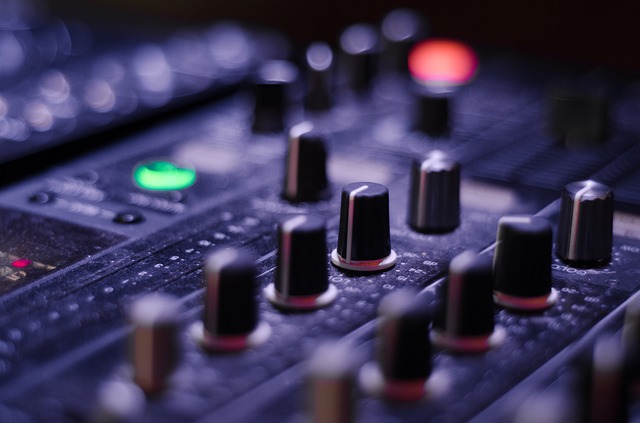On 12 December 2018, Advocate General Szpunar (AG) advised that unlicensed sampling - however small - should be regarded as an infringement of the copyright in a sound recording. This will be welcomed by copyright owners, but does it go too far in ‘chilling’ creative freedom? We await the Court of Justice (CJEU)’s decision for the final word on this issue – the CJEU usually follows the AG’s decision but not always.
The artists in dispute
The case involved the ground-breaking German band Kraftwerk, pioneers of techno pop in the 1970s and 80s, and in particular their 1977 hit Metall auf Metall. Kraftwerk complained that a two-second recording of a drum riff from Metall auf Metall had been used as a continuous background loop in a 1997 song Nur Mir sung by rap artist Sabrina Setlur. They claimed that this amounted to an infringement of the copyright in the sound recording for Metall auf Metall.
Sampling relates to sound recordings
Sampling - which is often associated with hip hop and rap - is specific to sound recordings: a part of the original recording is copied digitally and incorporated into a new recording where it is often mixed, modified or repeated in a loop. This is very easy to do: a quick internet search will show you how. It is clear, therefore, that sampling involves copying of part of the sound recording so potentially infringes copyright. The producers of Nur Mir sought to rely on a general exception to copyright infringement in the German Copyright Act which allowed digital sampling in certain situations if it would not have been possible for the band to reproduce the sound themselves. This argument eventually failed before the German Federal Court of Justice, which held that there had indeed been copyright infringement in this case. However, the German Constitutional Court raised concerns about artistic freedom, and this led to a reference to the CJEU.
How much can you copy?
Although sampling as a technique only refers to the sound recording, it is clear that it may involve infringement of the copyright in the music and lyrics as well. However, the questions referred to the CJEU related only to the sound recording. The AG distinguished between copyright in the music and lyrics and in the sound recording. Previous CJEU case law had established that a very limited part of such creative works might be copied without infringement. By contrast, the AG advises that sound recordings are to be regarded differently, as an indivisible whole, so that any copying, however small, amounts to infringement. This is an extreme approach – and we wonder whether it will be followed by the Court. However, under English law at least, it is unlikely to make much difference in practice to DJs and musicians who sample, because copying any easily recognisable element from the original is likely to constitute infringement, whichever test is used. The only safe approach is to obtain full copyright clearances for sampling unless a relevant exception can be found.
Could the exception for quotations apply?
The AG advised that sampling as occurred in this case was not within the copyright exception for quotations because the samples had been incorporated in such a way that they had become indistinguishable from the new work, the source had not been credited, and there was no “interaction” or artistic “dialogue” with the original work.
Could the German law exception save the day?
The AG advised that national laws providing for copyright exceptions, such as the German exception referred to above, which go beyond the exclusive list of possible exceptions in the EU’s Copyright Directive (2001/29/EC Arts 5(2) and (3)) are not permitted. This exclusive list includes the quotation exception as well as an exception for caricature, parody and pastiche, which might sometimes apply to sampling. However, there is no general exception permitting the use of third party works for the creation of a new work.
Artistic freedom a fundamental right
The AG acknowledges that sampling is central to musical genres such as hip hop and rap but concludes that the right of producers of sound recordings to prohibit sampling is not contrary to artistic freedom as enshrined in the EU Charter of Fundamental Rights. This will override any objections based on Member States’ domestic doctrines of fundamental rights.
The future for sampling
The Court’s ruling, when it comes, should provide some certainty on the question of copyright infringement and sampling across the EU, which is to be welcomed in an area where there is clearly an inconsistency between the Member States at the moment. A key question is whether the Court may disagree with the AG and recognise a wider role for artistic freedom as a counterpoint to copyright in this area. The CJEU’s decision may or may not come before Brexit, but in any case it is unclear whether the English courts will be influenced by CJEU thinking in matters relating to the balance between copyright and fundamental rights when the UK has left the EU.
Case: C-476/17 Pelham GmbH, Moses Pelham, Martin Haas v Ralf Hütter, Florian Schneider-Esleben
